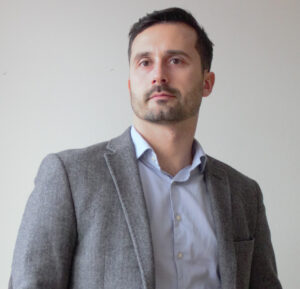The linear economic model has reached a critical tipping point, exerting mounting pressure on the environment, depleting finite natural resources, and intensifying climate change. To address these challenges, a rapid shift to a sustainable circular economy is essential - one where products and resources are recovered, reused, and responsibly maintained within the system for as long as possible. The waste management sector plays a pivotal role in this transformation by acting as a provider of recovered materials and resources to sustain the circular economy. To achieve this, the sector must foster strong partnerships with stakeholders across the industry value chain, working proactively to promote waste prevention, reduction, and reuse.
ReSource identifies opportunities for symbiotic relationships where one company’s waste can serve as another’s raw material. This approach includes cascading energy use, recycling water, or exchanging by-products between industries. By leveraging innovative technologies and collaborating closely with industrial park tenants, our team designs and implements effective circular systems that facilitate resource exchange and recovery. This strategy not only reduces environmental impacts but also enhances economic performance, demonstrating the tangible benefits of embracing a circular model. Through these initiatives, we aim to create sustainable systems that balance environmental stewardship with economic resilience.

